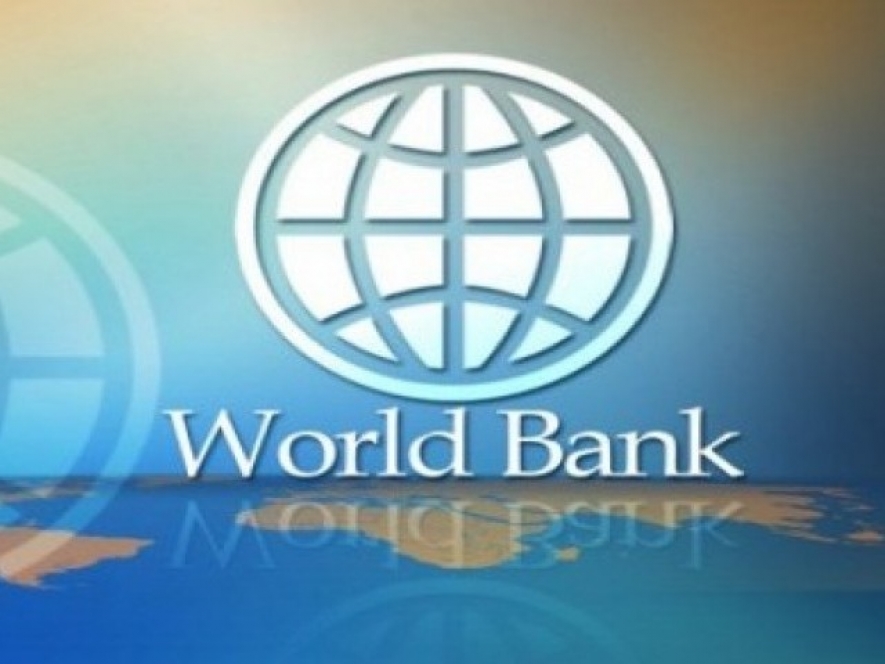In a report released on Monday (October 06) on the economic outlook in South Asian countries, the World Bank says the outlook for Sri Lanka remains positive with an expected 7.8 percent GDP growth in 2014, subdued inflationary pressures, an improving external position and further fiscal consolidation and debt reduction.
The report "South Asia Economic Focus" forecasts 8.2 percent GDP growth for Sri Lanka while on average the South Asian countries, which include India, Nepal, Pakistan, Afghanistan, Bhutan, Bangladesh, Sri Lanka, and Maldives, will see a growth of 6.0 percent.
The expected 7.8 percent GDP growth of Sri Lanka for 2014 is to be supported by major contributions from expansion of infrastructure facilities and growth in trade and services; especially in the areas of tourism, transport, telecommunication, ports and financial services.
However, the World Bank noted that the sustainable growth over the medium to long term will depend upon the structural adjustments in the external and fiscal sectors and implementation of sound macro-management policies.
"Physical infrastructure investments need to be followed by investments in human capital and Foreign Direct Investments (FDI) promotion and efforts to enhance competitiveness are important measures to attain the government's sustained growth aspirations," it said.
Headline inflation ran to a 28-months low of 2.8 percent in June 2014 and inflationary pressures are expected to remain subdued for the rest of the year despite the prevailing drought in many parts of the country could trigger supply disturbances leading to temporary price fluctuations.
Relatively stable international commodity prices and contained demand pressures against a backdrop of sluggish private credit growth will help to keep the inflation under control.
The World Bank noted that the Sri Lankan authorities are committed to fiscal consolidation and debt reduction. A slight improvement in revenue collection and continued fiscal consolidation would help reduce the deficit to 5.3 percent of GDP, it said.
Looking further ahead, increased revenue will depend largely on the government's ability to support the growth through public investments, the report noted.
Although risks to the outlook from the international environment appear moderate, Sri Lanka has to watch out for a likely rise in global interest rates as the advanced economies taper down their extraordinary stimulus measures with economic recovery.
The World Bank report warned that although the improved growth outlook of advanced economies should increase demand for emerging market products, such as garments from Sri Lanka, it could also have negative spill-overs. Political tensions in other parts of the world could also affect the growth through factors such as higher oil prices, the World Bank said.
Adverse weather conditions could undermine Sri Lanka's domestic macro-performance hampering the agriculture sector, which employs one-third of the country's labor force.
"The effects of such an eventuality would be felt by industry and service sectors as well through value chain effects and reduced disposable income, given that agriculture produce is linked to a few key export-oriented industries and related services," the World Bank report cautioned.(PRIU/KH)




















